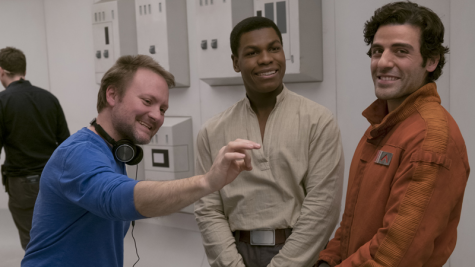
Have you ever heard the tragedy of Rian Johnson the Wise? Or perhaps the Unwise…depending on your point of view.
Johnson, just years ago, began the long and arduous process of creating a Star Wars movie that would not only delight fans of the series, but advance it in a meaningful direction. Audience attitudes are split regarding whether The Last Jedi is that movie or not, but both sides have been making their voices heard on social media, with opinions ranging from words of praise to vicious meme takedowns and attacks on the now infamous writer/director. Johnson’s process, from pre-production all the way through production, was captured by filmmaker Anthony Wonke. That feature-length documentary, dubbed The Director and the Jedi, is now the primary item on The Last Jedi’s bonus content.
Wonke allows fans an intimate, transparent view of Johnson’s filmmaking journey, along with the difficulties associated with it (and there were many). We’re shown a lot of the planning that goes into a Star Wars-sized project, which helps us understand the sheer vastness of it all. We see Johnson consoling actors Mark Hamill, Daisy Ridley and Carrie Fisher, after heartfelt, emotional takes. We see him in his element behind the camera. We hear his skeptical “err’s” and “umm’s” when a scene isn’t quite good enough, and also his high-pitched, endearing nerd giggles when everything goes exactly to plan. But we also get to see him in interviews where he confesses the fear that struck him upon making certain narrative decisions. He talks us through the tribulation, conveying how he had to trust his gut in the face of outside pressure.
Some fans have made it quite evident that they’re displeased with some of those narrative decisions. Johnson, though, offers sound reasoning for them all.
When he first began creating The Last Jedi, he wrote down a list of all the main characters from J.J. Abrams’ The Force Awakens. His challenge, which would shape the entire story direction of Episode VIII, was to figure out what each character feared most and bring them face-to-face with it.
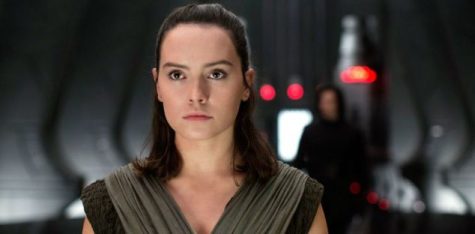
For Rey, this meant discovering the truth of her origins. In the film, she wants desperately to figure out where (and who) she comes from, hoping the answer would guide her understanding of her place in the galaxy. The Internet was teeming with fan theories about her parentage in the lead-up to the movie. “She’s a Skywalker.” “She’s a Kenobi.” “She’s a Palpatine.” Each theory related her to a famous character in Star Wars lore. This would have been easy for Rey to hear because it would allow another name to define her character. Her significance would be easily digestible. But Johnson wouldn’t make it so simple for her, or the fandom, for that matter. He confronted us, and more importantly Rey, with the most painful truth—she comes from nobody. Rey’s character development is her coming to terms with that painful truth, knowing that she will have to figure out who she is on her own. It’s also important to understand that just because she doesn’t come from a popular Star Wars bloodline doesn’t make her any less important, because strength and bravery don’t come from a name or a reputation.
Johnson shaped other conflicts similarly. Finn begins the movie on a metaphorical island. He knows he’s done with the First Order, but he doesn’t exactly want to join the Resistance either. His journey connects him to Rose Tico, who helps him understand the consequences of neutrality (and makes him question whether there really is such a thing) during their mission on Canto Bight. By the end, he’s a full-fledged rebel, committed to the cause and prepared to put an end to the First Order’s tyranny. I didn’t understand the weight of Finn’s adventure until days after I’d seen the movie, and while I still find Rey’s exploration more involving, Finn’s story is useful and important.
For Poe, Johnson needed a way to tame his recklessness if he was going to be a true freedom fighter. He’s partly to blame for the rebellion’s measly size, and his actions at the beginning earn him a demotion (a slap on the wrist when compared with the aftermath of his behavior). His demotion also bars access to his leaders’ intel. I’ve heard time and time again that the whole plot could have been easily furthered had Admiral Holdo just told Poe her plan. But Holdo, a trusted friend of General Leia, was under no obligation to disclose the details of her plan to a lower-ranking captain. Poe can’t handle this, and his response almost compromises the rebellion yet again. It’s only later, after being appropriately dealt with by Leia, that he realizes Holdo’s logical escape plan. Together, Leia and Holdo show Poe that, in fact, not everything can be solved by jumping in an X-wing and blowing something up.
Kylo Ren wants to live up to his family’s reputation, but realizes that he, like Rey, must also discover who he is on his own. Johnson describes these characters as “two halves” of the protagonist, which makes sense considering that their journeys resemble each other, in a way. They’re both on the road to self-discovery and embody different emotions of that process. They balance each other, just as they do in the Force.
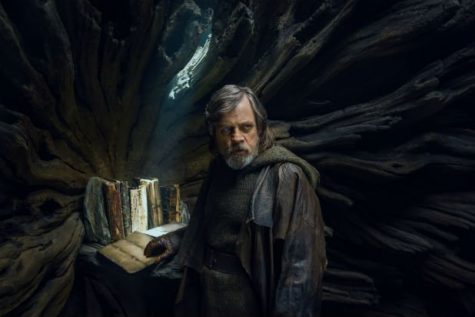
Which brings us to Luke Skywalker, perhaps the pivotal point of disagreement among Star Wars fans, and the basis on which Rian Johnson likely receives a lot of hate. Fans have waited decades for Luke’s return to the big screen, and suffice to say many weren’t happy with what they got. The Last Jedi Luke is not original trilogy Luke. When we find him, he’s not hopeful, he’s not brave, he’s not a hero. He’s isolated, disgraced, and cynical. Many have argued that Johnson’s vision of the character is out-of-line with Luke’s true nature, but there’s plenty of evidence to the contrary. In a flashback, Luke is shown acting on impulse, activating his lightsaber in a brief moment where we think he’s going to kill Ben Solo. He doesn’t, and he’s ashamed that he even had such a horrible thought. But his actions are motivated by his worries about the future, which is an essential part of Luke Skywalker, explored in-depth throughout the original trilogy. In The Empire Strikes Back, Luke has a vision of the future where his friends are in danger. He abandons his Jedi training to go save them, rushing into danger against the will of his teachers (it cost him a hand in the process). In Return of the Jedi, Luke resolves to turn Darth Vader back to the light and refuses to fight him. But when Vader taunts him with visions of Leia joining the Dark Side, he ignites his saber and attacks. Impulsively reacting to fears of the future is Luke Skywalker, which is why his actions in The Last Jedi aren’t so outlandish.
With that in mind, Johnson still needed a reason for why Luke remained absent throughout the events of The Force Awakens, a decision made by J.J. Abrams, for the record. One would think that Luke would, yet again, sense his family in danger and come to the rescue. But he doesn’t. We learn that Luke has cut himself off from the Force, and Johnson was able to find a reason for him doing so that is innate. Mark Hamill openly expressed his discontentment with Johnson, but ultimately accepted his guidance. Defeated at the thought of having created the galaxy’s newest conflict, Luke isolates himself and contemplates the many ways in which the historic Jedi Order has done the same thing through blatant arrogance and hubris. In the end, Rey is the one who returns hope to Luke, making for a compelling meditation on failure, mentorship, and legacy.
Legacy is what Johnson uses to subvert expectations. He uses Star Wars conventions and flips them upside-down to bravely push the franchise into new territory, which had to happen at some point if Star Wars, as a whole, was going to remain relevant. If everything were tied to the original trilogy, there would be no freedom for the franchise, and it would die out, unable to keep up with the new generations. Star Wars couldn’t afford to be “tied on the end of a string,” as General Hux would say. Somebody had to be the one to cut the string, and Johnson boldly took on that task and created a moving film—a key theme of which is accepting the past for what it is and moving forward into the unknown.
The purpose of this article isn’t to force anyone to like the movie. I’m simply perplexed at the amount hostility the Star Wars fandom harbors and effortlessly slings toward an individual who made a movie that works on its own merits. Rian Johnson didn’t set out to trash Star Wars or ruin your childhood. And here’s the cool part: your childhood doesn’t have to be ruined, and Star Wars is still as expansive and extraordinary as it ever was. Rian Johnson loves the franchise just like the rest of us, and The Director and the Jedi shows that he made every decision with the characters and their stories in mind.
I hope that, should J.J. Abrams’ Episode IX find success, fans will remember that Johnson gave him a clean slate to work with. The story can progress in whichever direction Abrams sees fit. We all really don’t have to be so angry at everything, especially a movie crafted with care and admiration. Star Wars seems to be in good hands, so don’t let your worries about its future tempt you into posting that Tweet declaring Johnson to be the new Jar-Jar. At least, if there’s anything we can all agree on, it’s that this was the best moment of the film:

—
For more information or news tips, or if you see an error in this story or have any compliments or concerns, contact editor@unfspinnaker.com.







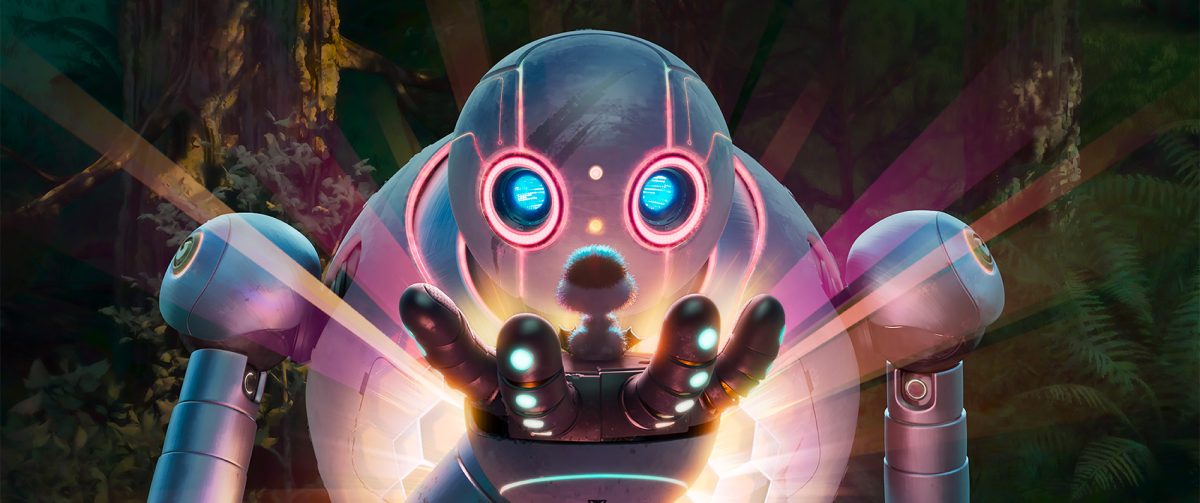
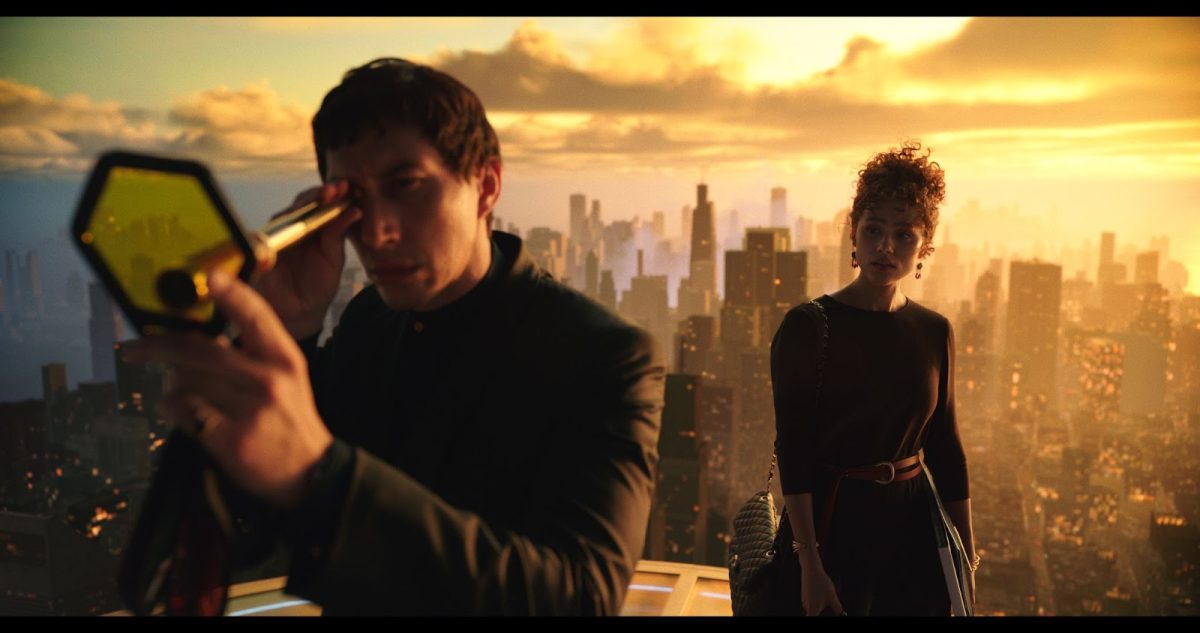
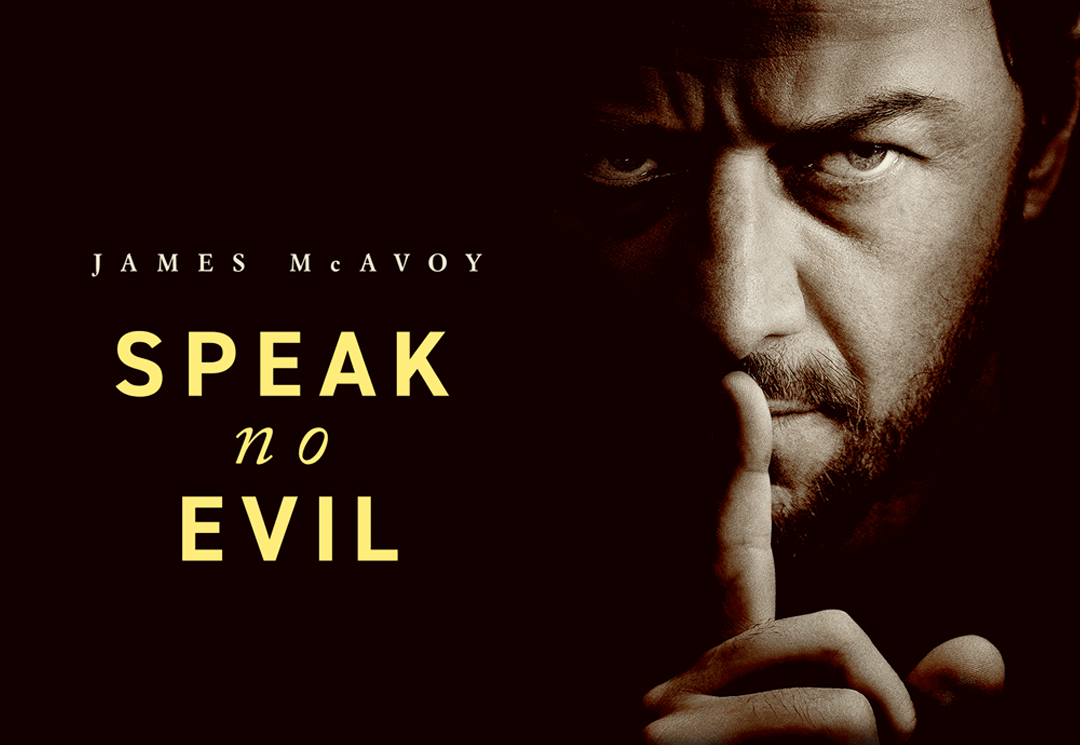
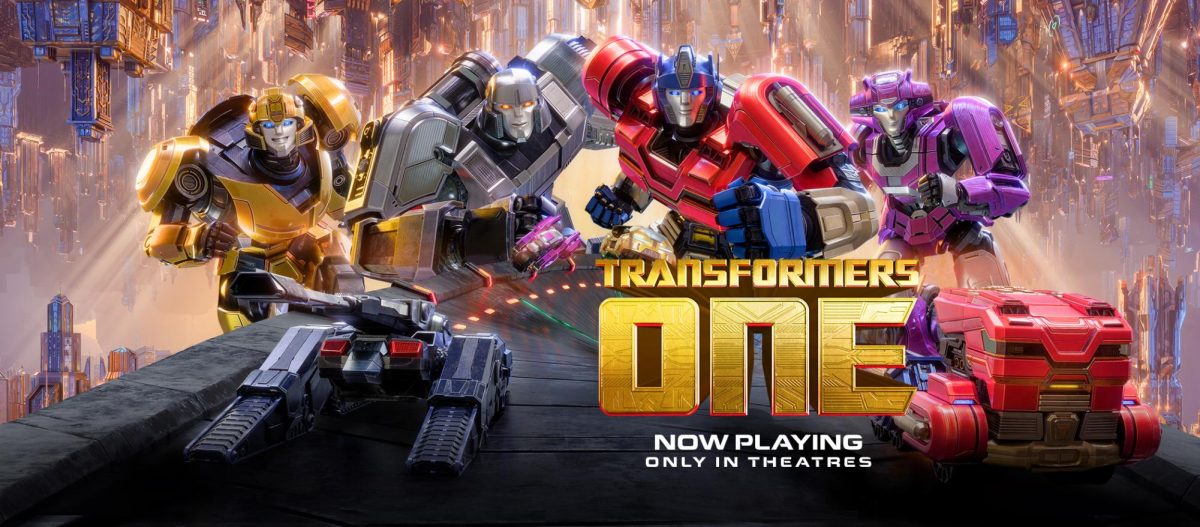

ELlie03 | Apr 18, 2018 at 6:45 pm
So great to read that this blogger gets it. The haters are content to just hate though, so I don’t expect these comments to show any comments from the “newly enlightened”. But their comments sure say a lot about them, and why I’m thrilled that SW no longer “belongs” to them. SW doesn’t need abusive fans like they think it does.